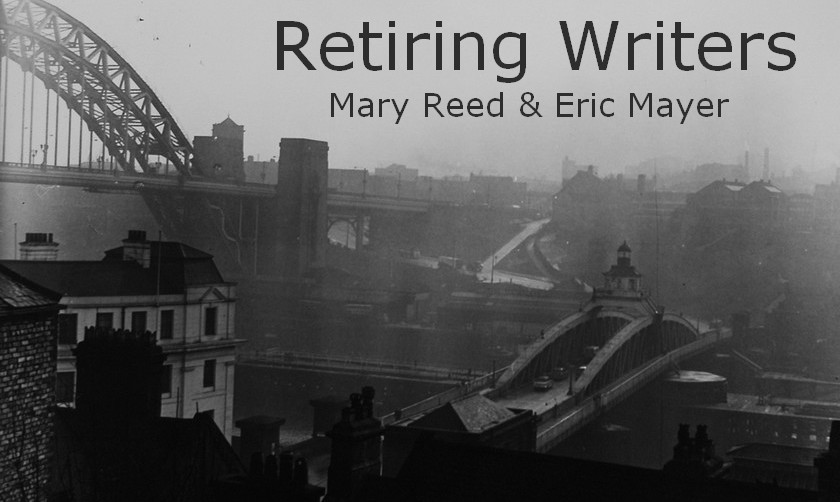I collect unusual words and recently learned a new one: slum-gullian, courtesy of a gent we know in Virginia who also provided a photo of a large pot of same simmering on his wood stove. The ingredients: hamburger, tomato paste, and several vegetables. It immediately struck me as essentially the same recipe as that for a dish we call sludge, made from cooked mince stirred into spaghetti.
Investigation of slum-gullian uncovered more than one theory as to how it got its name. The most common explanation of this prime example of a portmanteau word is that it's composed of slum, in the sense of an area with poor housing conditions, and gullian, said to be English dialect for cesspool or mud. Not exactly the most enticing dish to appear on a menu but its culinary cousin sludge provides equally hearty vittles in the sort of weather Mr Maywrite writes about.
According to those who know about these things, the first literary reference to "slumgullion" occurs in Mark Twain's Roughing It, published in 1872 *, The dish shows up when the proprietor of a stagecoach stop serves it to the latest batch of travelers passing through, Twain among them. Though it bears the name, it's been argued it's not the genuine article since Twain refers to it as a beverage pretending to be tea "but there was too much dish-rag, and sand, and old bacon-rind in it to deceive the intelligent traveler."
Admittedly naming our culinary invention sludge hints at nosh almost as awful as that served to Twain but in its defence it is both warming and filling while also attractive to us for another reason.
Why? Because sludge requires only three items: a tin of mince, spaghetti sauce, and a packet of pasta, meaning its ingredients don't take up much storage space, This is important for us because we don't have much room to spare after stocking up the pantry in late autumn against those days or weeks when due to local geography and stretches of brutal winter weather our buggy cannot roll to town. Thus we purchase enough comestibles we calculate as sufficient to provide sustenance for 77 days, the longest period -- so far at least -- when grocery shopping was just not possible. The most difficult time we've had in that regard was several years ago when we almost ran out of coffee. The horror! The horror!
Whatever way you spell it slum-gullian is a word to gladden wordsmiths' hearts, just crying out to be used in a limerick. Here's my attempt at
Boarding house owner Miss Mulligan
Claimed to serve genuine slum-gallian
Her paying guests cried
You stand there and lie!
Where's its bacon-rind scraps, you rapscallion?
Perhaps Miss Mulligan would have been better served by providing her boarders with a hearty helping of the stew whose name she shared.
* Twain describes this entertaining travelogue as a record of several years of variegated vagabondizing. It's available on Gutenberg at: https://www.gutenberg.org/cache/epub/3177/pg3177.txt


